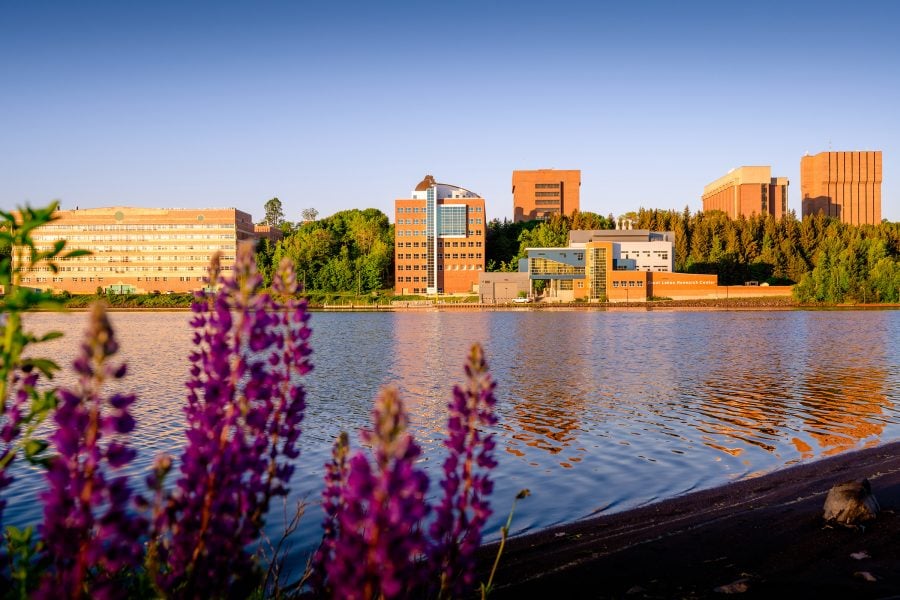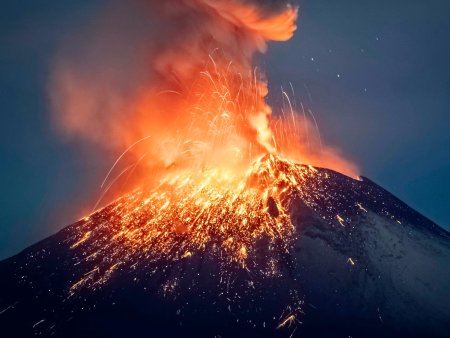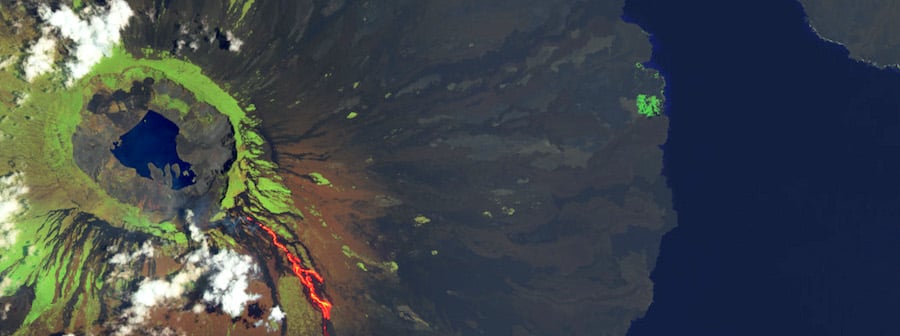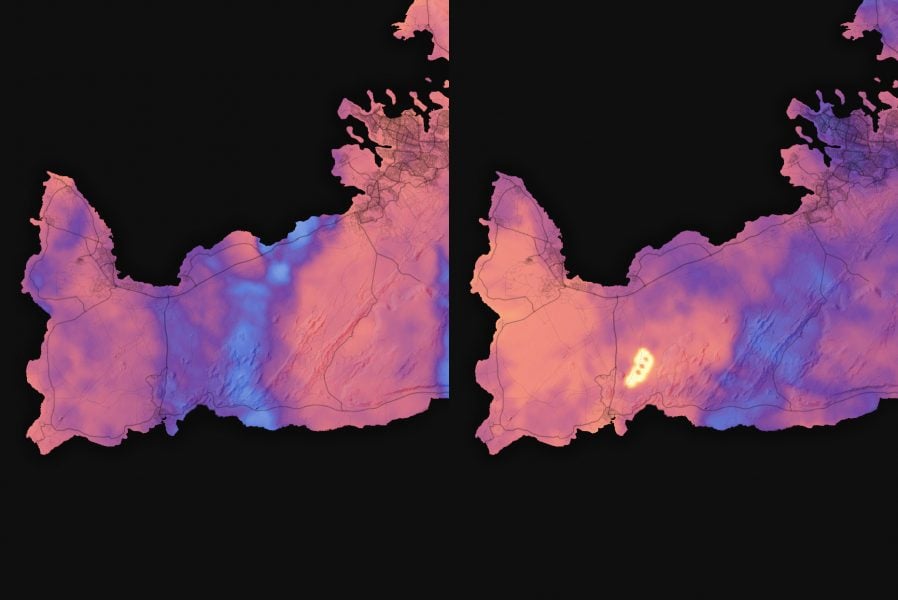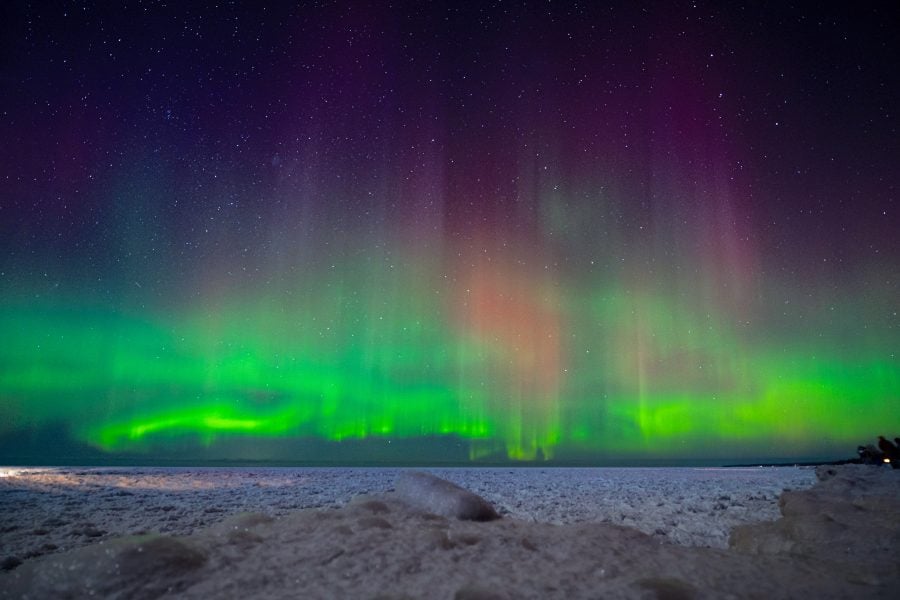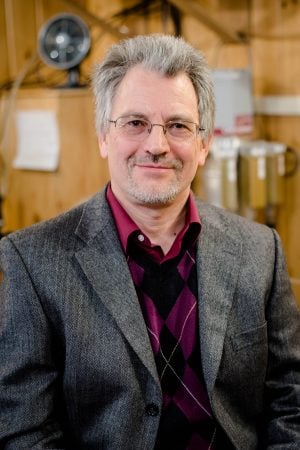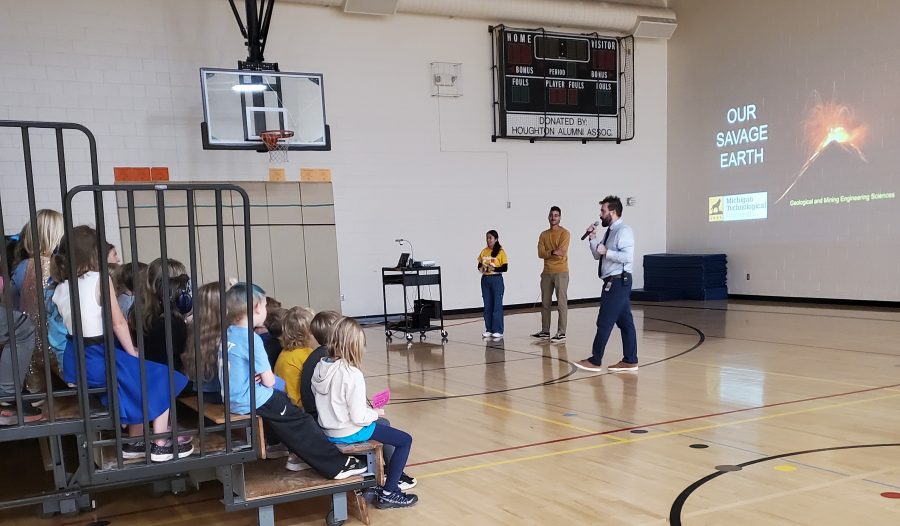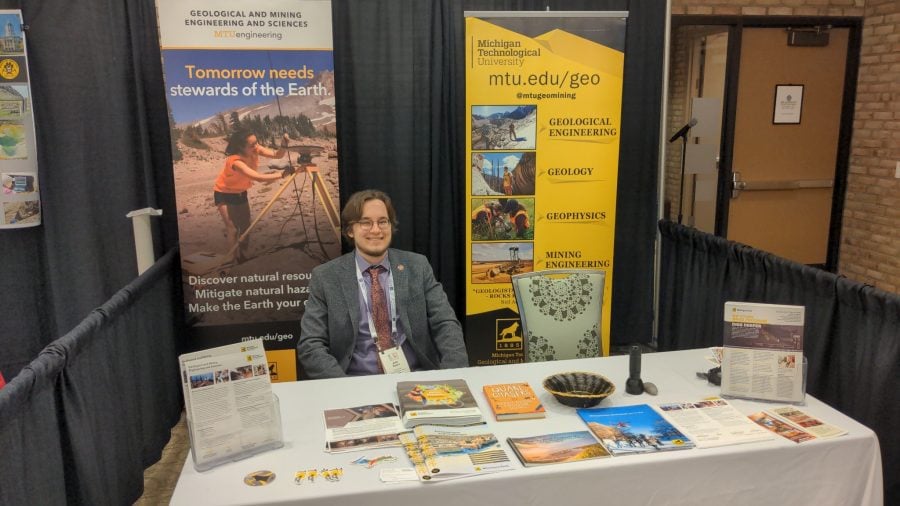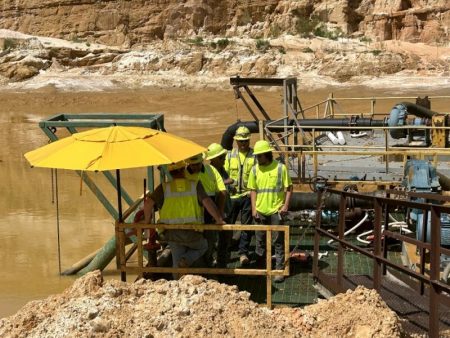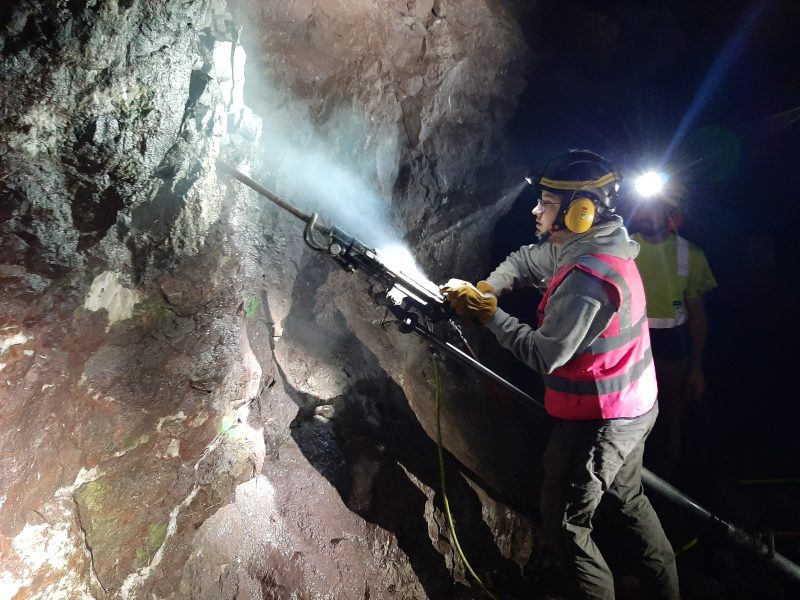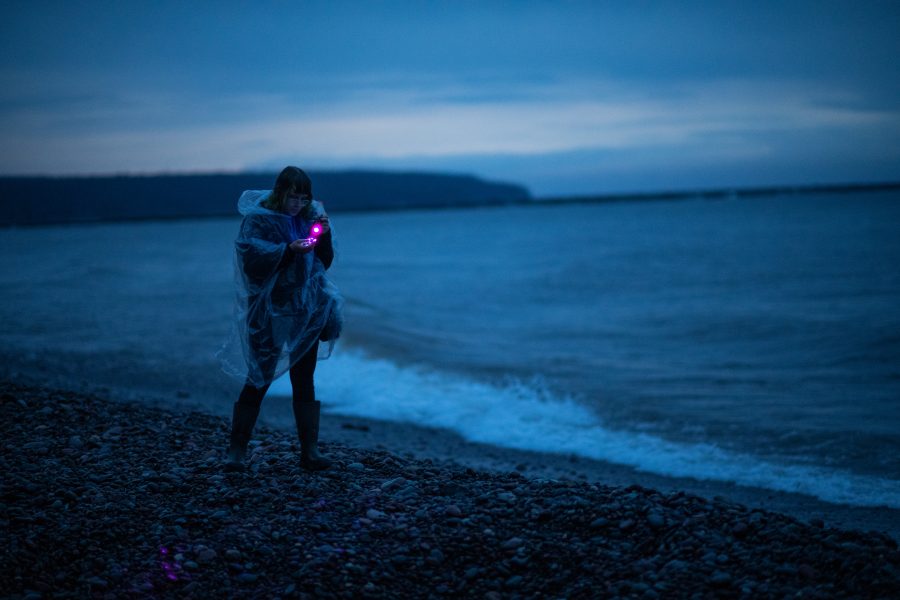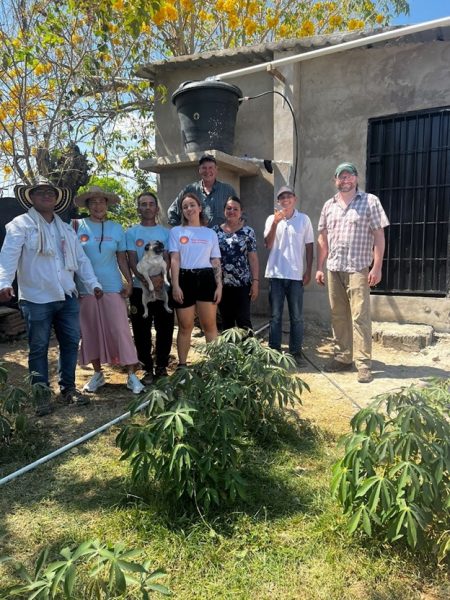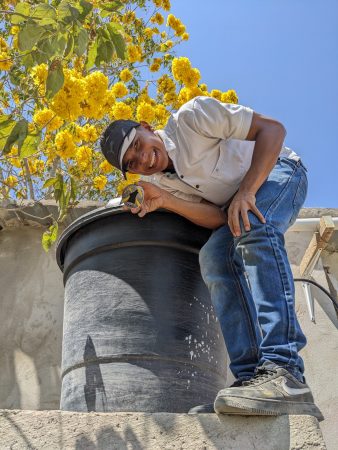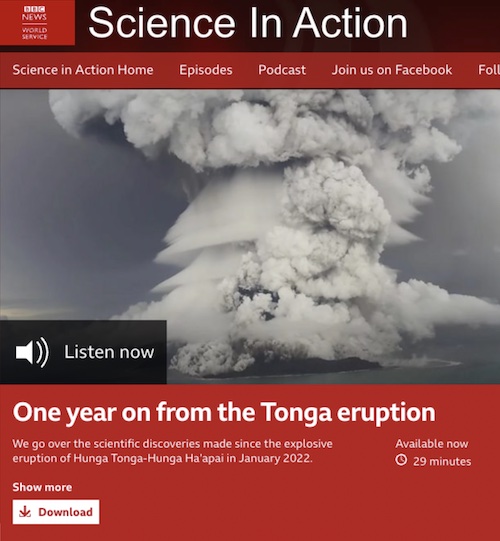We are thrilled to announce that the Department of Geological and Mining Engineering and Sciences (GMES) at Michigan Technological University has been awarded recertification in the prestigious American Geophysical Union (AGU) and Inclusive Graduate Education Network’s (IGEN) Bridge Program. This recognition underscores our commitment to fostering a diverse, equitable, and inclusive community in the Earth and space sciences.
The AGU Bridge Program plays a crucial role in broadening participation in geosciences by supporting underrepresented students as they pursue graduate studies. Through this partnership, our department continues to create an environment where all students can thrive, innovate, and contribute meaningfully to the field.
What does recertification mean? Recertification is a testament to the strength of our program and the dedication of our faculty, staff, and students. Acceptance decisions were based on a rigorous external review, annual reports, and evaluations by Bridge Program staff. These assessments highlighted the strengths of our application and offered valuable feedback to guide us in planning for the next five years.
Our renewed partnership extends through December 31, 2029. Along with the recertification, we’ve committed to:
– Mentorship Training—Faculty involved in the Bridge Program will undergo mentorship training to ensure we continue providing our students with the highest level of support.
– Student Support Through Graduation—We pledge to support all current and future students admitted through the Bridge Program, even beyond the duration of our partnership.
These new requirements align with the Bridge Program’s evolving practices and reinforce the shared mission to empower underrepresented students in geosciences.
This recertification is a significant milestone for a small department within a large engineering school. It reflects our ability to maintain high standards and our passion for cultivating an inclusive and supportive academic community. We are proud to stand alongside other Bridge Program institutions in advancing diversity and equity in the geosciences.
This achievement would not have been possible without the hard work and dedication of the GMES faculty and staff, as well as the incredible students who make our department so vibrant and inspiring. Together, we are shaping the future of Earth and space sciences! Are you ready? Apply now.
